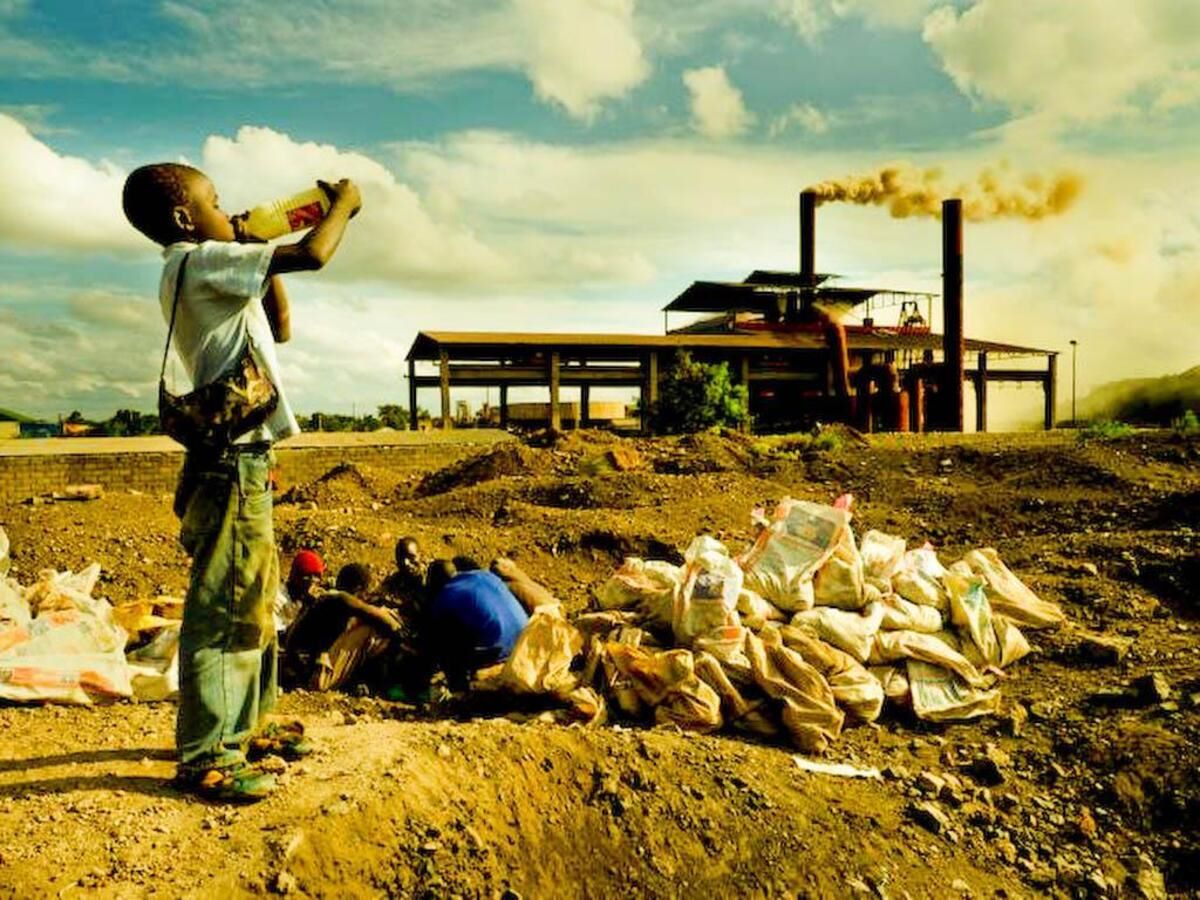
Ecological economics is a field that blends ecology and economics to address the sustainability of our planet. It focuses on how economic activities impact the environment and vice versa. Unlike traditional economics, which often ignores environmental costs, ecological economics emphasizes the importance of natural capital. Why is this important? Because understanding the balance between economic growth and environmental health can help us create policies that ensure a sustainable future. This field considers not just the monetary value but also the ecological value of resources. Want to know more? Here are 30 fascinating facts about ecological economics that will broaden your understanding of this crucial subject.
What is Ecological Economics?
Ecological economics is a field that blends ecology and economics to understand how human activities impact the environment. It aims to create sustainable solutions for economic growth while preserving natural resources.
- Ecological economics focuses on the relationship between ecosystems and economic systems.
- It emphasizes sustainability and the long-term health of both the economy and the environment.
- This field challenges traditional economics, which often overlooks environmental costs.
Key Principles of Ecological Economics
Understanding the core principles helps grasp the essence of ecological economics. These principles guide how policies and practices are shaped.
- Sustainability is a central principle, aiming to meet present needs without compromising future generations.
- It promotes interdisciplinary approaches, combining insights from ecology, economics, and social sciences.
- Equity is crucial, ensuring fair distribution of resources and opportunities.
- The concept of natural capital is vital, recognizing ecosystems as valuable assets.
The Role of Natural Capital
Natural capital refers to the world's stocks of natural assets, including geology, soil, air, water, and all living things. It plays a significant role in ecological economics.
- Natural capital provides essential services like clean air, water, and fertile soil.
- It supports biodiversity, which is crucial for ecosystem resilience.
- Depletion of natural capital can lead to economic and environmental crises.
Measuring Ecological Footprints
Ecological footprints measure the impact of human activities on the environment. This concept helps understand how much nature we use compared to what is available.
- An ecological footprint calculates the amount of land and water needed to sustain human consumption.
- It helps identify unsustainable practices and areas for improvement.
- Reducing ecological footprints is essential for achieving sustainability.
Economic Growth vs. Environmental Sustainability
Balancing economic growth with environmental sustainability is a significant challenge. Ecological economics seeks to find a middle ground.
- Traditional economic growth often leads to environmental degradation.
- Ecological economics advocates for green growth, which aims for economic development without harming the environment.
- It promotes the use of renewable resources over non-renewable ones.
Policies and Practices in Ecological Economics
Implementing effective policies and practices is crucial for the success of ecological economics. These measures help integrate environmental considerations into economic planning.
- Carbon pricing is a policy tool to reduce greenhouse gas emissions.
- Ecosystem services valuation assigns economic value to the benefits provided by ecosystems.
- Sustainable agriculture practices help maintain soil health and reduce environmental impact.
- Circular economy models promote recycling and reuse to minimize waste.
The Importance of Biodiversity
Biodiversity is the variety of life on Earth, and it plays a critical role in ecological economics. It ensures ecosystem stability and resilience.
- High biodiversity increases ecosystem productivity and stability.
- It provides a wider range of resources and services for human use.
- Loss of biodiversity can lead to ecosystem collapse and economic losses.
Challenges in Ecological Economics
Despite its benefits, ecological economics faces several challenges. Addressing these issues is crucial for its success.
- Data limitations make it difficult to measure and value natural capital accurately.
- Political resistance can hinder the implementation of sustainable policies.
- Economic inequality complicates efforts to achieve equitable resource distribution.
- Public awareness is often low, making it hard to gain support for ecological initiatives.
Future Directions in Ecological Economics
The future of ecological economics depends on innovation and collaboration. New approaches and technologies can help overcome current challenges.
- Technological advancements can improve resource efficiency and reduce environmental impact.
- Collaborative efforts between governments, businesses, and communities are essential for success.
- Education and awareness programs can foster a culture of sustainability and environmental stewardship.
The Bigger Picture
Ecological economics isn't just about numbers and graphs. It's about understanding how our choices impact the planet. From the carbon footprint of everyday items to the economic value of natural resources, this field connects environmental health with economic stability. By considering both ecological limits and economic needs, we can make smarter decisions for a sustainable future.
Remember, every action counts. Whether it's reducing waste, supporting green businesses, or advocating for policy changes, we all play a part. Ecological economics gives us the tools to see the bigger picture and act accordingly.
So next time you make a purchase or vote on an issue, think about the ecological impact. Small steps can lead to big changes. Let's use the knowledge from ecological economics to create a healthier, more sustainable world for everyone.
Was this page helpful?
Our commitment to delivering trustworthy and engaging content is at the heart of what we do. Each fact on our site is contributed by real users like you, bringing a wealth of diverse insights and information. To ensure the highest standards of accuracy and reliability, our dedicated editors meticulously review each submission. This process guarantees that the facts we share are not only fascinating but also credible. Trust in our commitment to quality and authenticity as you explore and learn with us.


